Chinese New Year is filled with joyful, loud and happy festivities. However, in the midst of all the hype and celebration, remember to observe the following big no-no’s, unless you are prepared to receive an earful from your elders.
1. Wearing Black
 Photo by Kira Ikonnikova on Unsplash
Photo by Kira Ikonnikova on Unsplash
Black is frowned upon during the New Year as it is associated with bad luck and death. Red is highly regarded as an auspicious colour, and is worn by many women on New Year’s Day. Homes and shops are also decorated with ornaments in shades of reds, such as flowers, food containers, calligraphy scrolls and cushion covers.
2. Mind Your Speech

Refrain from inauspicious or words that are said to bring back luck, such as “die” or “bad luck”. Also, children are warned not to fight, argue or speak rudely to others just before the New Year. Some also believe that if children are beaten by their elders for bad behavior during the celebrations, they would be more likely to rebel throughout the year. So, choose words that are uplifting and positive, emphasizing good health, prosperity, and joy. Foster an atmosphere of optimism and harmony through your language.
3. Breaking Utensils
 Photo by chuttersnap on Unsplash
Photo by chuttersnap on Unsplash
Take special care when you handling glass or porcelain items at home, as broken utensils are said to symbolize death in the family or a broken family. Handle objects with care, ensuring a gentle touch to prevent accidental breakage. Emphasize the importance of unity and cooperation within the family.
4. Sweeping
The only time you can sweep your house is during New Year’s Eve, and other days except for New Year. Sweeping on New Year’s Day is a huge taboo simply because it is believed you could be sweeping good luck out of your house. During the celebration, focus on tidying up without using a broom, such as picking up clutter by hand.
5. Opening Hong Baos (Ang Bao) Immediately
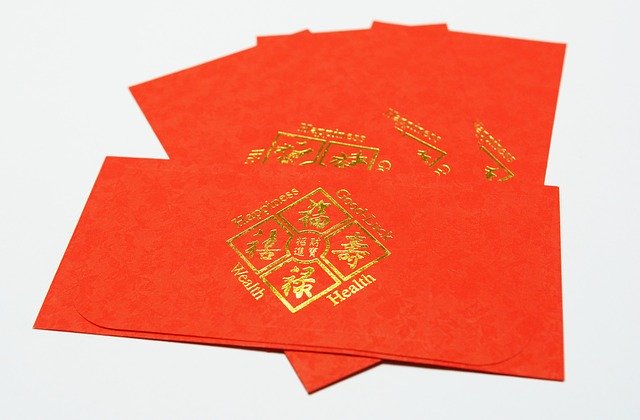
It is considered rude to stare at relatives or to show too much enthusiasm at receiving a hongbao. Another big no-no is to open red packets in the presence of the giver and other people as it is considered ill-mannered. Show appreciation for the gesture, but wait until you are in a more private setting to open the envelope. The receiver is expected to wish the giver Gong Xi Fa Cai 恭喜发财 (meaning “Wishing you a prosperous New Year”).
⇒ Related Read: How To Use Ang Pow Money To Teach Children The Value of Money
6. Using Sharp Objects
Refrain from using sharp objects like knives or scissors on New Year’s Day, as it may cut off good fortune. Prepare everything in advance, ensuring that all cutting and chopping are completed before the New Year begins. This helps maintain a positive and uninterrupted flow of prosperity.
7. Cleaning and Washing Hair
Cleaning and washing on New Year’s Day are avoided to prevent washing away good luck and fortune. Conduct thorough cleaning in the days leading up to the New Year to start with a fresh and auspicious environment. Avoid activities that involve cleaning or washing on the first day.
8. Taking Medicine

Taking medicine on New Year’s Day is considered starting the year off “sick” and is best avoided. Take necessary medications discreetly, ensuring you address health needs while maintaining a positive atmosphere. Consider adjusting medication schedules to avoid drawing attention during the celebrations.
9. Saying Unlucky Numbers
Steer clear of saying unlucky numbers, such as 4, which sounds like the word for death 死 in Chinese. Instead, emphasize and focus on lucky numbers like 8 (associated with wealth 发) and 9 (associated with long-lasting 久), contributing to a more positive and auspicious conversation.
10. Avoiding Porridge on New Year’s Day
Consuming porridge on New Year’s Day is discouraged, as it was historically associated with poverty due to its affordability. Eating porridge may symbolize starting the year with financial struggles, and it’s considered inauspicious. Opt for more festive and symbolic foods that represent prosperity and abundance. Choose dishes with ingredients like fish, which symbolizes surplus, or dumplings, which are associated with wealth. Including these foods in your New Year’s Day meal is believed to attract good fortune and prosperity for the upcoming year.
What other taboos do you know? Share it with us.
* * * * *
Like what you see here? Get parenting tips and stories straight to your inbox! Join our mailing list here.
Want to be heard 👂 and seen 👀 by over 100,000 parents in Singapore? We can help! Leave your contact here and we’ll be in touch.




































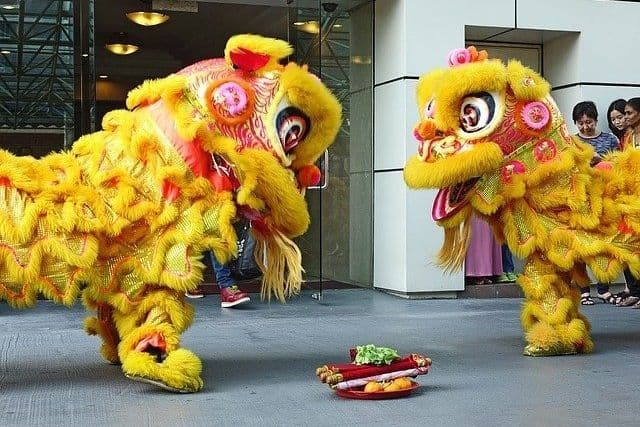


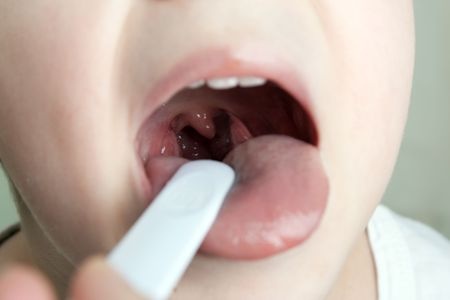

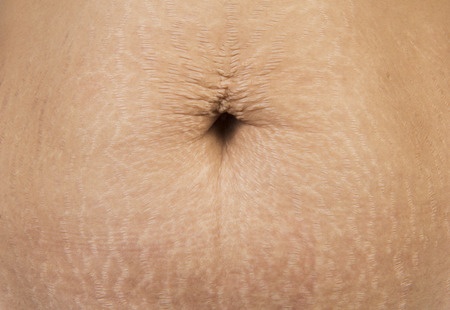


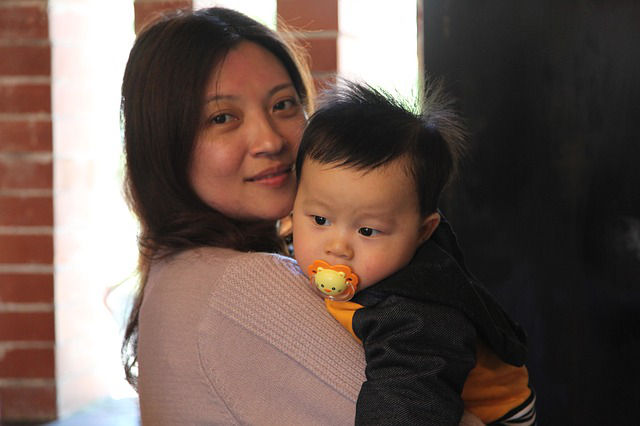

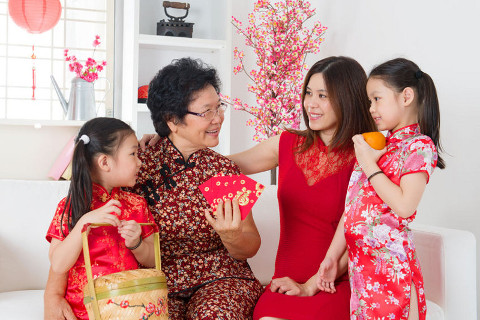











Leave a Comment: